
Brilliance by Design
Creating Learning Experiences That Connect, Inspire, and Engage
Recommendation
Today’s learners want interactive content rather than traditional lectures. To that end, educator Vicki Halsey outlines her “Brilliance Learning System,” featuring several models that upend traditional methods. She outlines the “70/30 Principle,” which makes students responsible for their own learning. She says students (not teachers) should talk 70% and listen 30% of the time. Teachers should spend 70% percent of their time delivering content and only 30% on content design. Finally, students must practice new skills with 70% of their time after spending 30% learning them. Halsey also gives teachers the “ENGAGE” model for delivering meaningful, real-world content. For example, she urges teachers to create a positive first impression by sending pre-learning information to students before class to get them going. Other techniques for reaching students include using colorful visual aids, playing games and catering to different learning styles. Halsey also applies the model to virtual teaching. Her book is a great how-to manual but needs extra real-world examples, which would make it more interesting to read. getAbstract recommends her insights to teachers, corporate learning officers, coaches and other instructors.
Summary
About the Author
The vice president of Applied Learning at The Ken Blanchard Companies, Vicki Halsey, has 20 years of experience as a teacher and school administrator. She is a writer, speaker and coach.









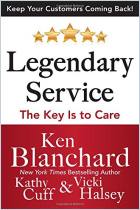

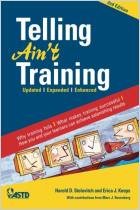
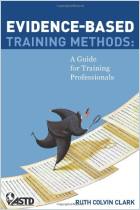
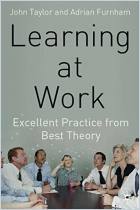
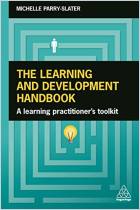
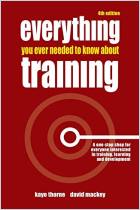
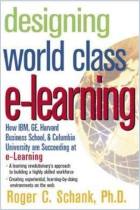





Comment on this summary or 开始讨论